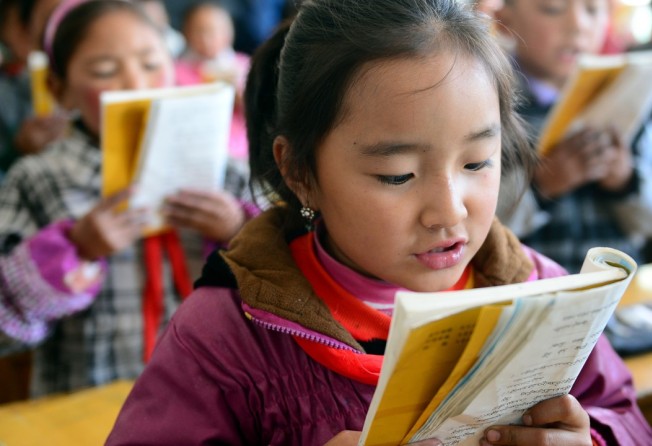Clemency from China would send out the right message on advancing Tibetan language

In November 2015, Tashi Wangchuk, a young shopkeeper and businessman from Yushu in Qinghai travelled to Beijing, hoping to bring to the attention of China’s higher authorities the troubling state of the Tibetan language in the school curriculum of his home area, a majority Tibetan region.
In so doing, he believed himself to be acting in accord with his rights under China’s constitution, which states that “all nationalities have the freedom to use and develop their own spoken and written languages.”
Print option is available for subscribers only.
SUBSCRIBE NOW